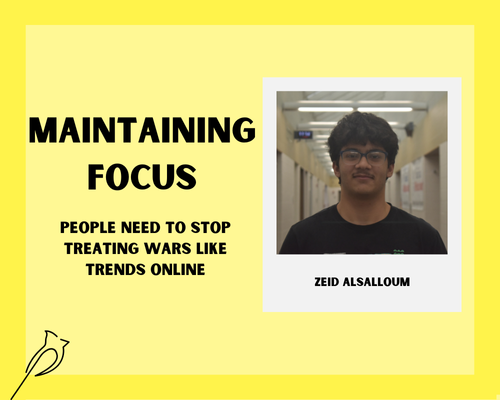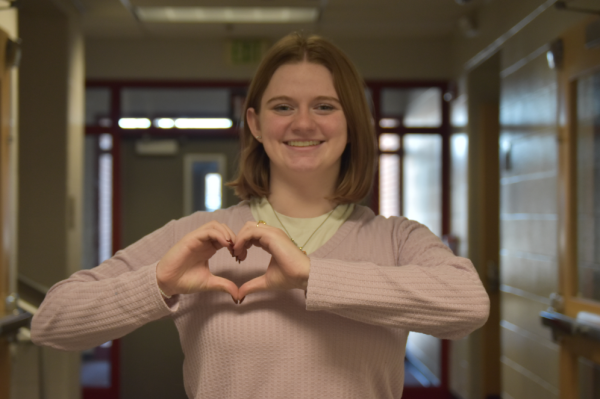A little goes a long way
Small acts of kindness builds empathy and compassion towards others
For as long as I’ve had the money and means to do so, I’ve known that my love language is gift giving. Christmas and birthday shopping for others is when I am the most happy.
But even when there wasn’t a holiday or birthday, I always found myself wanting to buy things for others. When out shopping, I’d buy my parents each their favorite candy bar, or I’d grab my little sister a toy I knew she’d been wanting. I rarely left anywhere without something for someone else in my bag.
While this brought me a lot of happiness and others appreciated it, it soon became unsustainable. I was quickly running out of money.
To combat this, I started giving out small gifts every once in a while to those I cared about, mostly on holidays or for events. When doing this, I saw that small acts of kindness are important, and grand things aren’t all that matter. The small gifts that didn’t cost me as much often meant just as much to the receivers as the larger, more expensive gifts.
I realized through this experience the importance of small gifts and acts of kindness for myself in addition to the benefits to others.
The idea of random acts of kindness extends far beyond gift giving though. Something as simple as letting someone cut in front in traffic or helping a coworker with a project can promote empathy and compassion, and even build a sense of connection.
Kindness actually has a chemical effect on the body as well. According to Mayo Clinic, being kind boosts dopamine and serotonin levels, and can even release endorphins in the brain. Also, those who are kind on a regular basis are thought to have 23% less cortisol. Cortisol is a chemical in the brain that is most responsible for stress.
Being kind with a group of others is also shown to have a more positive effect. When two or more people are working together to have a positive impact through kindness, the brain releases more oxytocin, which is shown to strengthen those relationships, according to Psychology Today.
In addition to the chemical effects of kindness, it can affect physical health as well. The increased level of oxytocin can lower blood pressure and make your heart healthier.
Beyond all of the proven and scientific benefits of being kind, the part that drives me is just being able to affect others lives.
The idea of being a part of this web of kindness out in the world that is branching out to reach so many people is exciting for me. Knowing that I have probably made a difference to at least one person out there somewhere makes me feel like I’m doing something right.

Hey everyone! My name is Megan Rogers and I am one of the Managing Editors of The Journal this year! I will be working with our News, Sports, Culture and...







